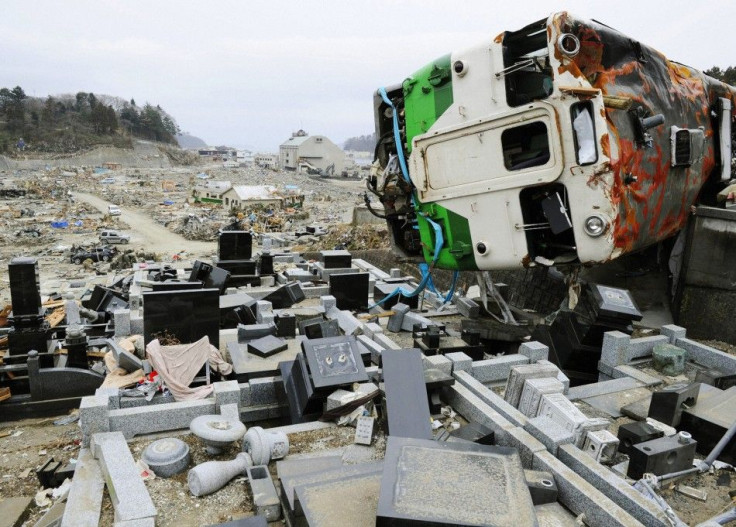Japan quake costs could be as high as $235-bln: World Bank

The financial impact to Japan from last week’s earthquake-tsunami could be as high as $235-billion, according to a report issued on Monday by the World Bank.
Real GDP growth in Japan will be negatively impacted through the middle of the year, the World Bank said, and efforts to rebuild the damaged infrastructure might take five years. However, ironically, that very program of reconstruction – as it commences and accelerates -- should benefit GDP growth in the coming years.
Vikram Nehru, World Bank economist, said economic fallout will be felt around the East Asian region, but that it would be short-lived.
In the immediate future the biggest impact will be in terms of trade and finance. We expect growth in Japan will pick up as reconstruction efforts accelerate, Nehru said.
The World Bank further stated that damage from the 2011 disaster will far exceed the costs related to the 1995 Kobe earthquake, which led to costs totaling about $100-billion.
By using that catastrophe as a base measure, the current crisis will least to damages of at least $122-billion and as much as $235-billion.
Other costs are also markedly higher from the 1995 incident.
World Bank noted that in 1995 the total cost to private insurance from the disaster amounted to just $783-millioon – while the insurance bill from the 2011 catastrophe might be as high as $33-billion.
After the 1995 Kobe earthquake struck, World Bank stated, government bond yields declined markedly, with those on 10-year government bonds declining from 4.2 percent in 1994 to 3.5 percent at the end of 1995 and further to 1.7 percent at the end of 1999, thanks to large injections of liquidity by the Bank of Japan.
“This time around, large injections of liquidity by the Bank of Japan and the appreciation of the exchange rate following the unwinding of the carry trade and expected repatriation of funds for reconstruction are similarly combining to create downward pressure on bond yields,” the Bank explained.
Moreover, the Bank stated, Japanese trading activities recovered within a year of the Kobe quake, with imports rebounding fully and exports back at 85 percent of normal levels.
However, given the fact that the Fukushima Daiichhi nuclear plane has been severely damaged (with the attendant fears of radiation leakage), the World Bank cautioned that there are uncertainties and challenges posed by the unfolding issue of nuclear radiation in Japan.
© Copyright IBTimes 2025. All rights reserved.





















